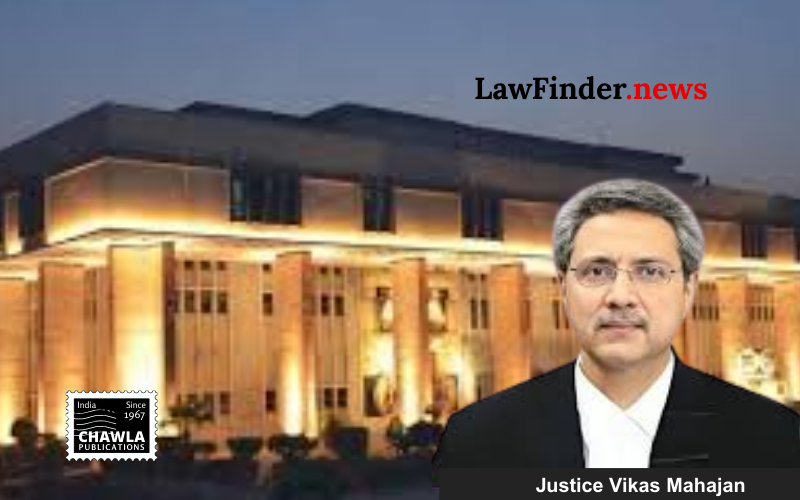Court dismisses petition challenging response sheet discrepancies, citing lack of evidence and presumption of authenticity of official records
In a significant decision, the Delhi High Court, presided over by Justice Vikas Mahajan, has dismissed a writ petition filed by Shashank Shekhar Pandey against the Union of India and the National Testing Agency (NTA). The petitioner had alleged discrepancies in his recorded response sheet for the Joint Entrance Examination (JEE Main) - 2025, Session 2, asserting that the number of questions he attempted and left unattempted were incorrectly recorded.
The petitioner, represented by advocates Mr. Shivam Pandey and others, claimed that a pop-up summary at the end of his computer-based test indicated he had attempted 46 questions, whereas the NTA's records showed only 29 questions as attempted. The petitioner sought rectification of these alleged discrepancies and a recomputation of his NTA score.
The court noted that the NTA maintained that their official records, which included detailed audit logs of the computer-based test, accurately reflected the petitioner's actions during the examination. The NTA's counsel, Mr. Sanjay Khanna, argued that the exam's auto-submit feature could explain the absence of certain log entries, as the system automatically submits the exam when the allotted time expires.
The court referred the case for a forensic analysis by the National Cyber Forensic Laboratory (NCFL), which confirmed the NTA's records, stating that the petitioner had attempted only 29 questions. The NCFL report also noted the absence of logs related to the alleged pop-up summary, but found no evidence of system errors or tampering.
Justice Mahajan emphasized the presumption of authenticity in favor of official records under Section 114 of the Indian Evidence Act, 1872, equivalent to Section 119 of the Bharatiya Sakshya Adhiniyam, 2023. He observed that in the absence of compelling evidence to rebut this presumption, the official records must take precedence.
The court also underscored the limited scope of writ jurisdiction under Article 226 of the Constitution of India, stating that it should avoid adjudicating disputed factual questions without prima facie evidence. The petitioner's claims, based on personal recollection of a pop-up message, lacked substantiation, and the court found no compelling reason to entertain the case further.
The Delhi High Court's decision reinforces the presumption of authenticity granted to official records and highlights the challenges of adjudicating technical disputes within the writ jurisdiction.
Bottom Line:
Presumption in favor of official records under Section 114 of the Indian Evidence Act, 1872 (equivalent to Section 119 of Bharatiya Sakshya Adhiniyam, 2023). Courts exercising writ jurisdiction under Article 226 should avoid adjudicating disputed questions of fact without compelling evidence.
Statutory provision(s): Indian Evidence Act, 1872 - Section 114, Bharatiya Sakshya Adhiniyam, 2023 - Section 119, Constitution of India - Article 226
Shashank Shekhar Pandey v. Union of India, (Delhi) : Law Finder Doc Id # 2783242




